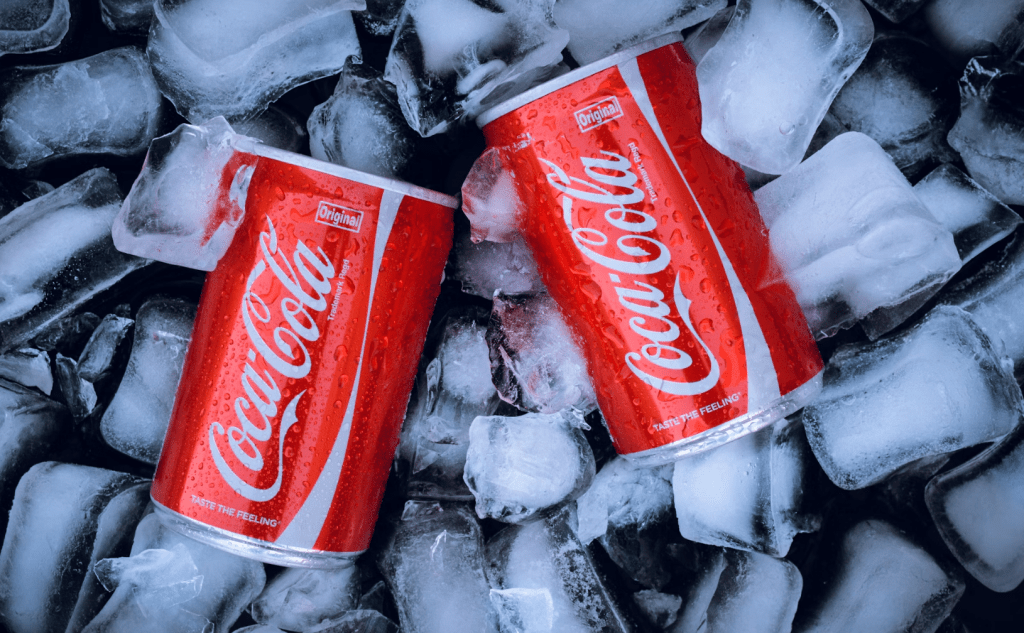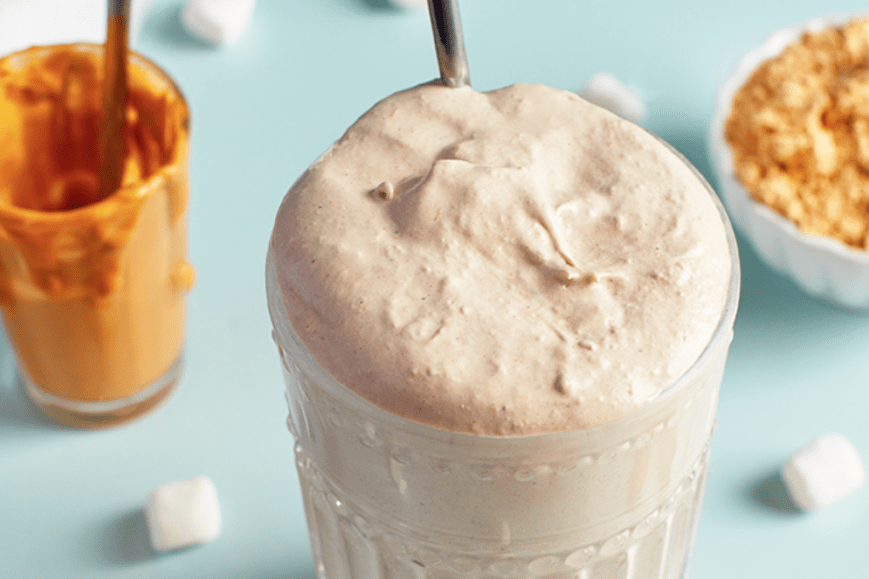Coke Zero and Diet Coke, both catering to those seeking a reduced sugar intake, exhibit subtle distinctions in their formulations and characteristics.
Coke Zero Unveiled:
Introduced in 2006 and later revamped as Coke Zero Sugar in 2016, Coke Zero stands as a purportedly healthier substitute to the original Coca-Cola. Devoid of calories and sugar, it incorporates various artificial sweeteners.
Ingredients in Coke Zero:
Acesulfame Potassium
Aspartame
Caffeine
Caramel color
Carbonated Water
Natural Flavors
Acid phosphoric
Potassium benzoate
Potassium citrate

Coke Zero Nutritional Overview (per 12-ounce serving):
Calories: 0
Total fat: 0 grams
Sodium: 40 milligrams
Total carbohydrates: 0 grams
Total sugars: 0 grams
Protein: 0 grams
Potassium: 60 milligrams
Caffeine: 34 milligrams
Diet Coke in Focus:
Zero sugar and zero calories define Diet Coke, positioned as an ideal choice for those desiring the Coca-Cola taste while minimizing sugar intake, be it due to diabetes or other considerations.
Ingredients in Diet Coke:
Aspartame
Caffeine
Caramel color
Carbonated Water
Citric acid
Natural Flavors
Acid phosphoric
Potassium benzoate

Diet Coke Nutritional Overview (per 12-ounce serving):
Calories: 0
Total fat: 0 grams
Sodium: 40 milligrams
Total carbohydrates: 0 grams
Total sugars: 0 grams
Protein: 0 grams
Caffeine: 46 milligrams
Common Ground – What Coke Zero and Diet Coke Share:
Both beverages boast no added sugar, a pivotal selling point. Additionally, caffeine-free variations are available, encompassing a diverse array of flavors. The presence of the amino acid Phenylalanine is another commonality.
Distinguishing Features – Coke Zero vs. Diet Coke:
1. Historical Trajectory:
Diet Coke, with over 40 years in existence, holds a pervasive presence.
Coke Zero Sugar emerged in 2016, succeeding Coke Zero, offering an alternative sugar-free option akin to Diet Coke.
2. Flavor and Variety:
Coke Zero embraces diverse flavors like orange vanilla and cherry.
Diet Coke also offers varied options, including ginger-lime and feisty cherries.
3.Taste Sensation:
Coke Zero, attributed to acesulfame potassium, diverges in taste, leaning closer to classic Coke.
Individual taste preferences may influence the choice between the two.
4.Caffeine Content:
Diet Coke surpasses Coke Zero in caffeine content.
Both, however, stay within the recommended daily caffeine limit for adults.
Sweetening Agents:
Diet Coke employs aspartame as its sweetener.
Coke Zero incorporates a combination of acesulfame (aspartame) and aspartame.
Aspartame Insights:
Aspartame, a common sweetener in both beverages, serves as a sugar alternative, declared safe by global authorities. While generally safe, individuals with phenylketonuria should monitor phenylalanine intake, as aspartame contains this amino acid.

Navigating Healthier Choices: Coke Zero vs. Diet Coke:
Neither Coke Zero nor Diet Coke holds a distinct health advantage over the other, sharing identical caffeine levels and ingredients. While they can be part of a reduced-sugar soda option, moderation remains key when considering diet sodas in the broader context of health-conscious choices.






Leave a Reply